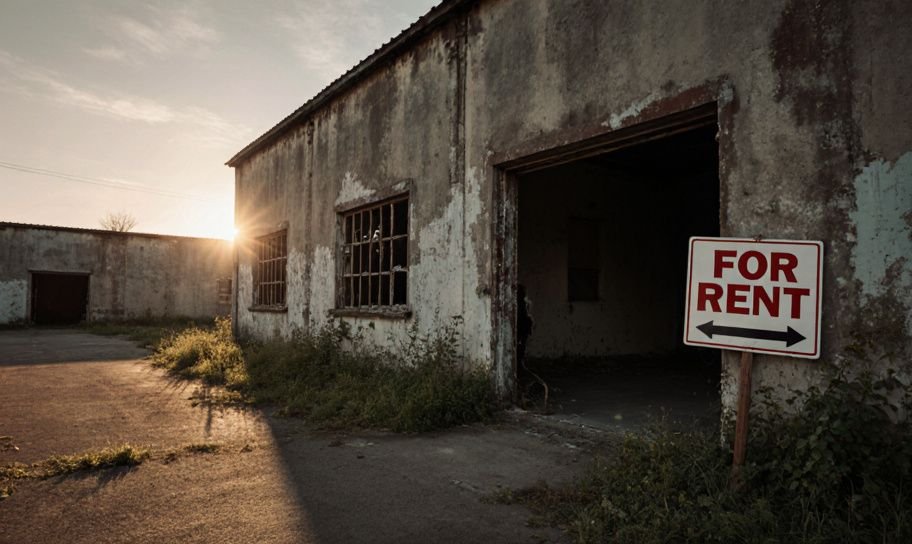
Quick Summary: Sudhadevi and her family fought a long legal battle to evict the Maharashtra State Warehousing Corporation and claim future rent for the time their property was used. The case had many twists, appeals, and ended with a decision to take another look at the appeal.
Back in 1997, Sudhadevi and her family filed a lawsuit to evict Maharashtra State Warehousing. They wanted their property back and also asked for future rent payments. The court agreed to the eviction in 2002 but didn’t decide on future rent payments.
"The court decision did not mention future rent payments."
The family didn’t give up. They asked the court to consider future rent payments. But the trial court rejected this in 2003, saying it was outside what they could ask for under the rules.
Not giving up, they went to a higher court, which allowed them to file a new request for future rent payments in 2003. This led to a new case in 2004 where the court decided they deserved rent payments from 1997 until they got their property back.
"The request was approved, granting rent at the rate of Rs.1.00 per square foot."
The Maharashtra State Warehousing Corporation wasn’t ready to pay without a fight. They argued that since the original court decision didn’t mention future payments, the new case shouldn’t be allowed. But the court had to decide if the family’s request was valid even though the original decision was silent on this point.
The case referred to several past decisions, like the one in Gangadhar Gopalrao Deshpande vs. Shripad Annarao Deshpande, which supported the idea that a new request for rent payments could be valid even if the original decision didn’t mention it.
"The Full Bench clearly holds... the court decision did not mention future rent payments."
Judge Rohit W. Joshi decided that the appeal needed another look. The higher court’s decision from 2022 was set aside, and the case was sent back to the First Appellate Court to be judged on its own details.
The parties were told to appear in court on November 10, 2025, to continue the legal saga.